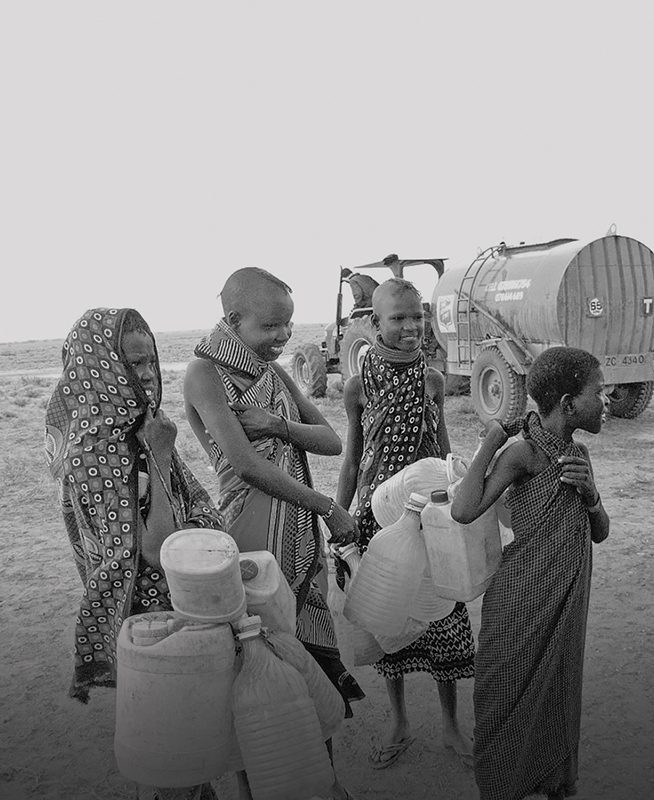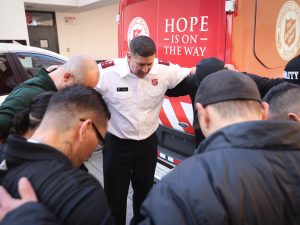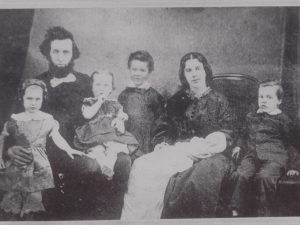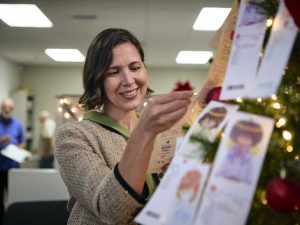“Whoever receives a little child because of Me receives Me” (Matt. 18:5 NLV).
The Salvation Army is known in this territory for its operation and sponsorship of more than 800 schools. This includes kindergartens, primary schools, and secondary schools, as well as a range of special institutions for those who are disabled, deaf, blind or mentally challenged. In sum, the Army supervises the education of more than 288,000 students every year in Kenya West, so it is not uncommon for a businessman or woman to walk up to Ken and me and proudly tell us which Army school they attended.
But, as you can imagine, the responsibility of caring for so many children is often overwhelming.
Recently our Mayoyo School heard about some deaf children living nearby in the bush. They were not going to school. So without thinking how they would be housed or fed, the staff simply went out and brought them in. Now the children are being educated, but at night they have to sleep on the floor in a room that serves both as a library and a classroom, under the watchful eye of a volunteer. We hope to build a dormitory and purchase proper beds.
One of the biggest challenges in our schools is the chigoe flea, which is very common in western Kenya. It’s a small flea that lives in the dirt and will burrow into exposed skin in order to lay its eggs. Once there, a chigoe flea can do a great deal of damage. So at our Emuhaya Primary School, the children bring cow dung from home every Friday to spread on the ground. In the absence of a floor, it’s the best way to protect their feet. The dung is smeared over the dirt floor of the classrooms and then allowed to dry over the weekend. Needless to say, we’re looking for funds to provide concrete floors instead.
These are just a few of our special cases. More generally, it’s absolutely routine for our children to walk to school barefoot. Many also arrive hungry. And all of them need love. In fact, for those who are orphans, the Army is the only family they will ever know.
So while it is clearly a privilege to be entrusted with these children, it is also a great responsibility. Magic Johnson once said, “All kids need is a little help, a little hope and somebody who believes in them.”
That’s true, but I also think that man can’t do it alone. This place has taught me that it takes more than programs and well-wishers. It takes the Lord.
Ken and I pray every day that through what our colleagues are doing here the children will find hope, a better future, and ultimately, a relationship with God through Christ.
Dear God, help us to care for your children.
[button color=”black” size=”normal” alignment=”none” rel=”follow” openin=”newwindow” url=”frontierpress.org”]This excerpt, written by Commissioner Jolene K. Hodder during her recent years as Territorial President of Women’s Ministries in the Kenya West Territory, appears in her new book, “A Bend in the Road” (Frontier Press, 2017). Find it at frontierpress.org.[/button]










